Patrick McKenzie – Hacking Lifecycle Emails
Original price was: $497.00.$100.00Current price is: $100.00.
This is unfortunate, because we know our customers are unique, including in ways we can actually measure. For example, we know that first-time users of our software have very different needs than customers who have been happily using it for years.
- Description
- Reviews (0)
- More Products
Description
Patrick McKenzie – Hacking Lifecycle Emails
SalePage: https://training.kalzumeus.com/lifecycle-emails
How Your Business Can Increase Sales Through Better Use of Email… Guaranteed
Hiya guys,
Like many of you, I write and sell software. I want better software to win over better-marketed software. I want users to do things which are clearly in their own best interests, without needing to be sold to. I want to spend time worrying about the product rather than about the marketing.
The world does not care what I want, and it doesn’t care what you want either.
Sometimes this is a little soul-crushing. The engineer in me wants to believe that business success is primarily based on product quality. Since you can’t increase product quality by 10% just by emailing people better, it should be impossible to increase sales by 10% using just email. Right? Right?
Wrong.
You can increase sales by 10% with email… if it is the right email. This gives my inner engineer existential crises all the time, let me tell you.
The savviest software firms rely less on mailing blasts and more on sending the right email to the right person at the right time, asking for one little nudge to their behavior.
This technique is called “lifecycle emails” and it is scandalously effective. It lets you:
- Decrease churn by identifying and getting in touch with dissatisfied customers before they cancel.
- Increase conversion rates by guiding your customers through the free trial more effectively.
- Increase trials of your software by converting more website visitors into trialers, through getting permission to contact them and then educating them until they’re ready to try (and buy).
- Increase revenue by driving up the average lifetime value of your existing customer base… in ways they will thank you for.
- Increase customer happiness by educating them on how to use your software to make their lives better, answering common questions before they’re even asked, and knocking their socks off with your perceived responsiveness to their needs… while saving you time talking one-on-one.
Sending The Right Email, To The Right Person, At The Right Time
You would think that, since software companies are in the data business, our marketing would be pretty data-oriented, right? If so, you’ve never worked at a software company. The sign in screen for a typical software company uses more custom code than the entire Marketing Department. Marketing generally is one-size-fits-none, with everyone visiting the website or reading the newsletter or interacting with the demo getting the exact same experience.
This is unfortunate, because we know our customers are unique, including in ways we can actually measure. For example, we know that first-time users of our software have very different needs than customers who have been happily using it for years. Unfortunately, the website and our marketing channels treat them exactly the same.
Lifecycle emails use information we have about customers to make informed guesses about what they’re experiencing right now. Then we send them messages tailored to where they are.
Having problems with the free trial? -> Send your customer a guide to getting over the hump.
Didn’t install the tracking code? -> Send your customer instructions.
Didn’t log in yet? -> Remind your customer why they should get started today.
The typical software company has less than a 2% conversion rate on their free trials, which means that altering the behavior of any two trialers out of a thousand would increase sales by 10%. Not only do lifecycle emails routinely achieve that, customers will frequently be ecstatic to receive our emails, because it will appear that the system has accurately predicted their needs and provided them with something exactly responsive to those needs.
How WPEngine Increased Sales With Lifecycle Emails
Let’s pretend you sell blog hosting, and you charge fifty times what your competitors do. You might envision that being a hard sale to make. WPEngine manages to make that sale very frequently indeed — they have revenue in the millions — partly because they have a product which is legitimately awesome (I use it for my own blog) and partly because they’re savvy about selling it. They were, for example, savvy enough to hire me to work on one sales channel — a drip marketing campaign. Drip marketing means sending a timed sequence of emails to educate, persuade, and only then sell.
WPEngine has a particular landing page which offers a speed test for your website. To take advantage of it, you need to provide an email address and your site’s URL. It works exactly as advertised: it will load your site using a reliable third-party testing service, tell you how long it took, and give you recommendations for making it faster. The landing page also includes an offer for a one-month course on optimizing one’s site’s speed, scalability, and security. Because this is directly aligned with the customer need that brings people to this page in the first place, prospects ask WPEngine for this course quite frequently.
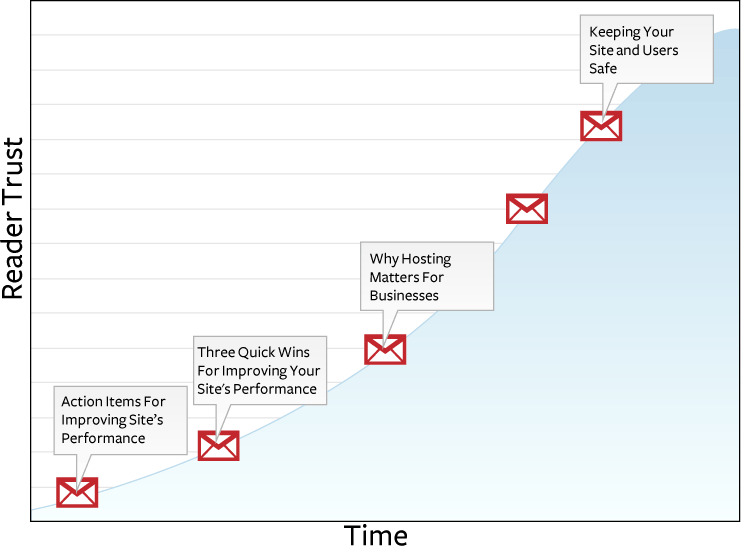
One day after the prospect signs up, WPEngine mails them some more tips on making their site faster. They should turn on gzip — here’s how. They should distribute static content over a CDN — here’s how. They should combine and minify Javascript and CSS files — here’s how. These are all table-stakes for WordPress experts with engineering degrees who live-and-breathe pageload speed optimization, but they’re new and useful for site owners.
A few days later, WPEngine follows up on that with more valuable advice, this time about scalability. They tell you how to architect a WordPress site such that it won’t blow up if you get on Hacker News… or Oprah. (Explanatory note for geeks: she runs a TV show. It’s sort of a big deal. Her monthly active uniques are higher than Twitter’s.)
A few days after that, WPEngine again comes back, this time with advice on security, avoiding recent WordPress vulnerabilities, locking down problematic plugins, and the like.
Over the course of the month, the prospect’s relationship with WPEngine changes. WPEngine is no longer just a page they landed on — they are a trusted source of very valuable expert advice about everything WordPress. The prospect might have had time to implement some of that advice, and they’ve seen their life get better.
Only after having educated their customer and established trust does WPEngine start selling… and sell they do! After all, their customers are mostly businesses, and businesses only have limited tolerance for playing around with httpd.conf settings… but they’re frequently willing to write a check to have someone take care of that for them. And WPEngine has just spent weeks in their inbox convincing them that they are exactly that someone. The drip marketing campaign provably brings WPEngine huge amounts of revenue.
Be the first to review “Patrick McKenzie – Hacking Lifecycle Emails”
You must be logged in to post a review.
-
Wendy Brightbill – Dancing With Light (Wendy Brightbill Studio 2020)
Original price was: $54.00.$20.00Current price is: $20.00. Buy now -
Richard Schwartz and Gabor Maté – Dick Schwartz’s Internal Family Systems Master Class
Original price was: $299.00.$107.00Current price is: $107.00. Buy now -
Jeff Nippard – Jeff Nippard’s High Frequency Full Body Program
Original price was: $29.99.$12.00Current price is: $12.00. Buy now -
Brett Ingram – Tube Loot Full Funnel
Original price was: $278.00.$59.00Current price is: $59.00. Buy now -
Dick Cardinal – Submissions And Pins From Carnival Style Catch Wrestling
Original price was: $30.00.$14.00Current price is: $14.00. Buy now





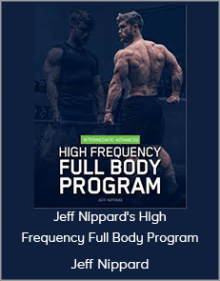

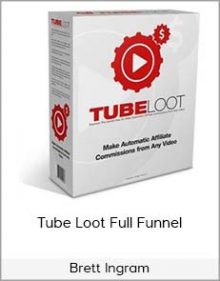

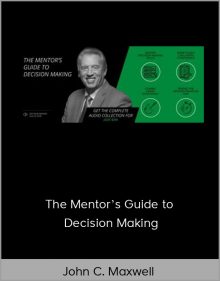
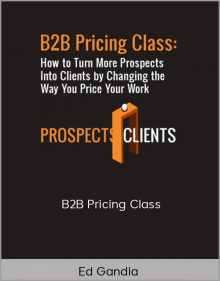

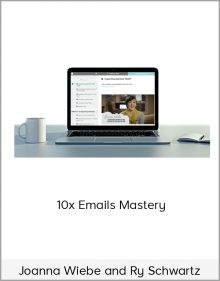
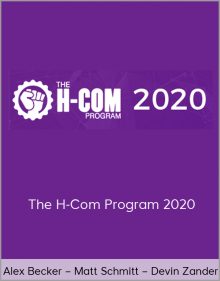
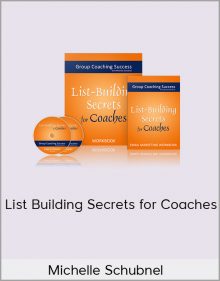
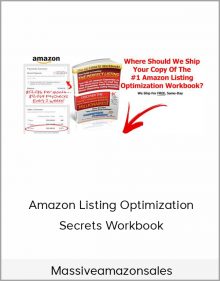





Reviews
There are no reviews yet.